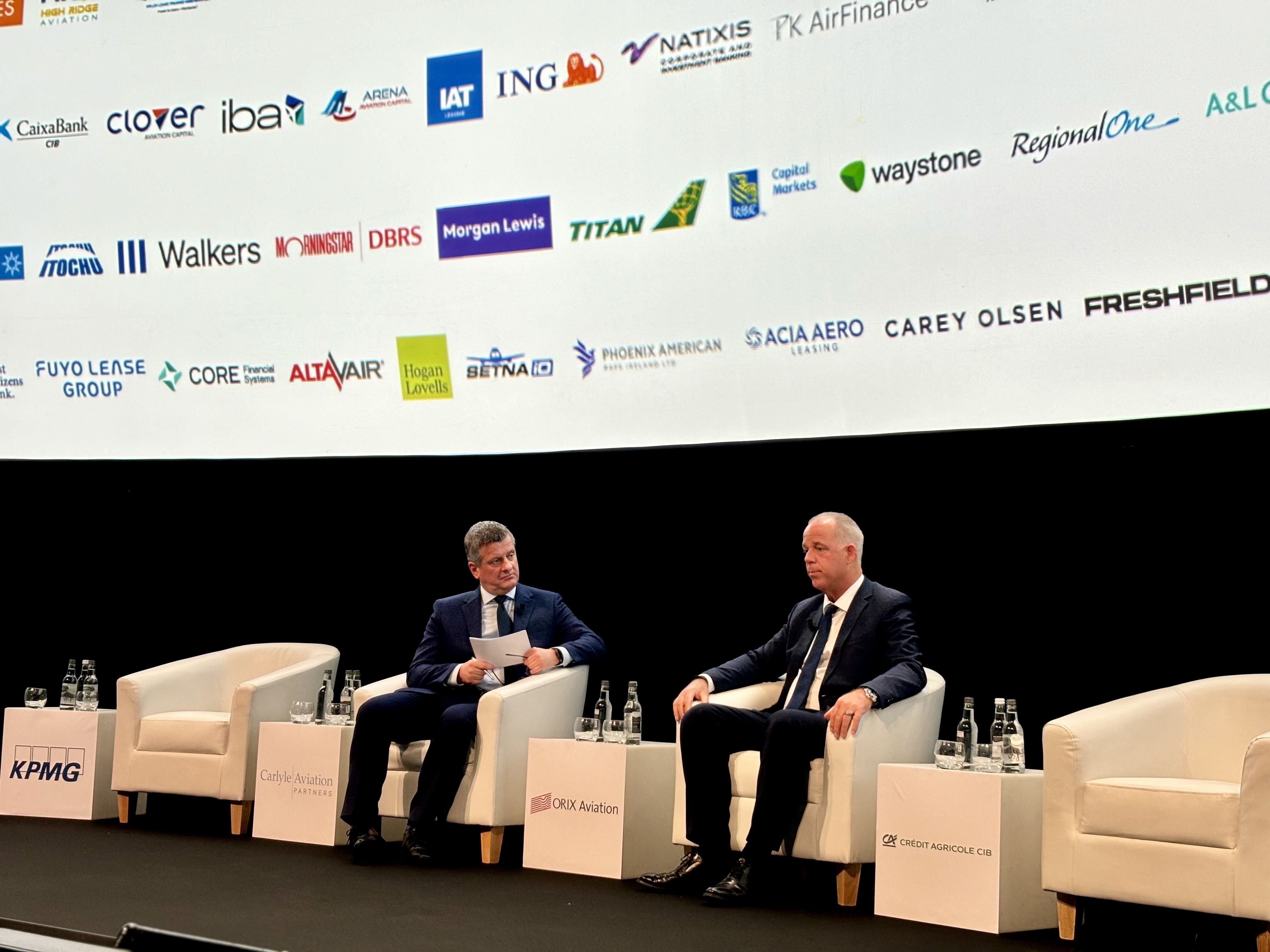After delays to its initial public offering (IPO), Latvian airline airBaltic CEO Martin Gauss said the IPO could potentially be pushed back further to next year.
“We will do this at the right time and the earliest opportunity for that is going to be the first half of this year, if not, then the second half of 2025 or 2026,” said Gauss speaking at Airline Economics’ Growth Frontiers Dublin 2025 conference.
airBaltic would be the first airline in Europe to attempt an IPO since Wizz Air launched its own 10 years ago.
“The attention on an airline IPO in Europe for a European airline is pretty high, and therefore airBaltic will do it when the markets are right and not try to do this just for the sake of doing an IPO,” said Gauss. “We are now in 2025 and I’m very positive about it because we are doubling in size and everything is fitting into place. We also have to have the markets ready to take airline IPOs in general and it would not be mature to just do it for the sake of it.”
Gauss added that before the IPO launch, airBaltic is seeking new strategic partners. “We are looking for a pre-IPO investor as a strategic partner so before the IPO launch, we are looking for the right partners that fit into our strategy,” he said.
The company had initially aimed to launch the IPO in 2020, but was pushed back by the pandemic, and then further pushed back after the Russian invasion of Ukraine in February 2022. Gauss said that with Latvia’s proximity to Ukraine made the country a “big part of our business” and the impact of the war on its business continues.
Most recently, the airline cancelled nearly 5,000 flights for its summer 2025 schedule as its all A220 fleet continues to be grounded due to engine inspection requirements by Pratt & Whitney on the troubled geared turbofan (GTF) engine.
“If we look at forward bookings, we don't see the issue of not fulfilling demand,” said Gauss. “If you have more than 10 aircraft on the ground in the peak season, then you have an issue. And we're now going into the fourth year of that, and nobody can compensate that, despite what is said that airlines get compensation. If you rely only on that, you will not be compensated for not earning money which you were supposed to earn.”
Gauss said airBaltic is particularly exposed with it only operating a single fleet and engine type. However, Gauss maintained that he remained positive that the issue would “one day be solved”, adding that engine – despite the well-documented powder metal issues – had proven to be a strong unit.
“We are doubling in the next five years because we have the orderbook for it and we’re very happy with the engine when it is on the wing,” said Gauss. “The issue started after COVID that there were not enough spare engines, and we ended up – despite the fact that we had bought enough spare engines for ourselves according to the recommendations of not having enough engines. We mitigated it in the first years by taking wet leases in but as we also grow at the same time, and the engine issue has not really changed over the years, which was different to what was expected.
“Yes, it’s getting better as we go forward, but the amount of missing engines is still an issue. But the engine itself – when on wing – is performing very well.”
Gauss’ comments on the GTF engine are reminiscent of several other airlines who – while bemoaning the powdered metal issues – have maintained the high performance of the engine and lauded its metrics.

